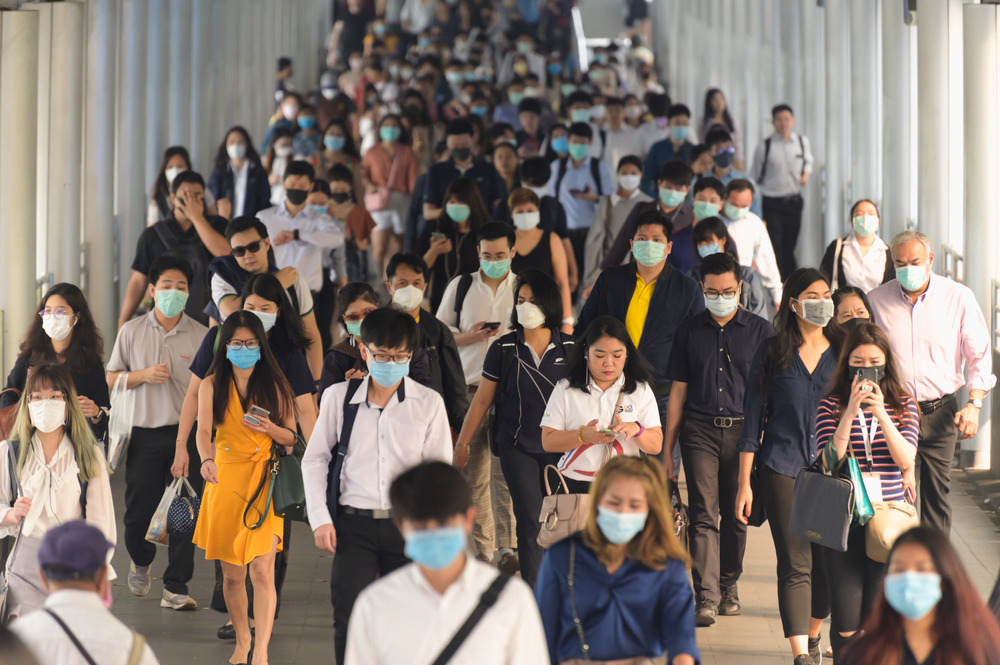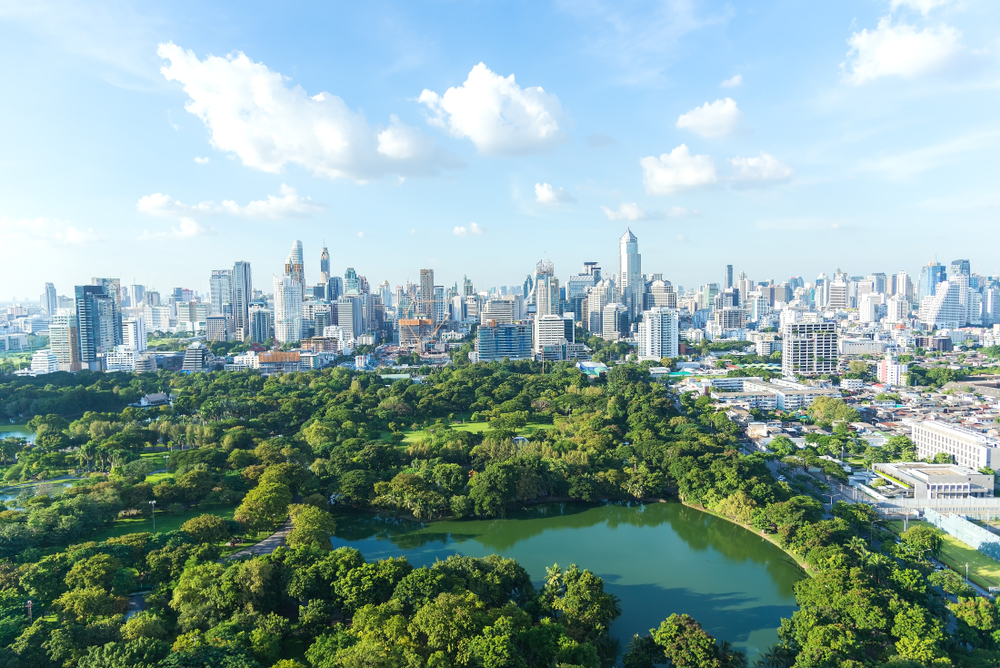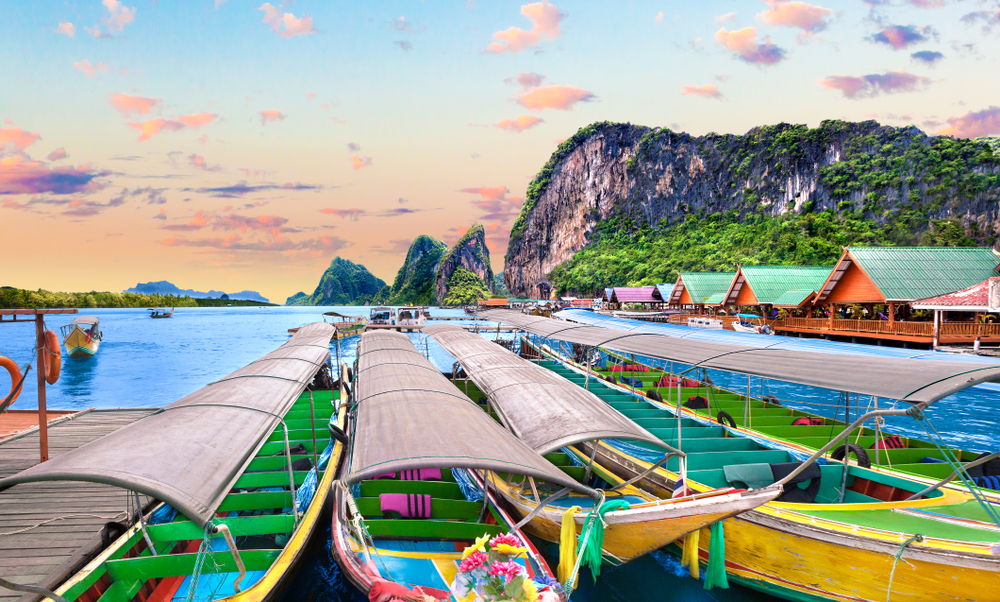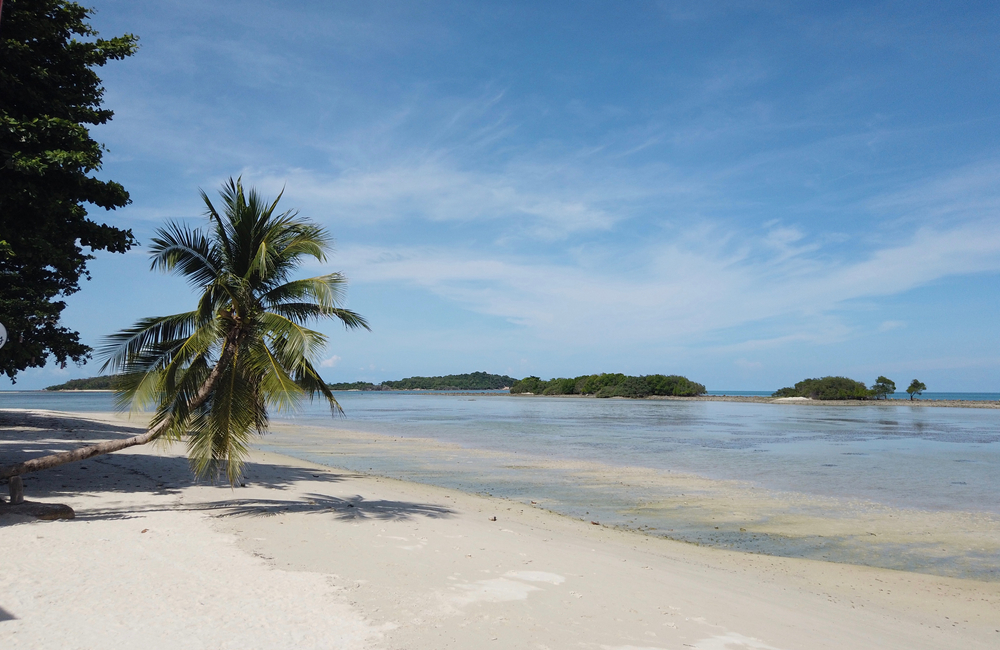Thailand takes a shot in the dark to restore real estate market confidence
Thailand’s pandemic nightmare is not yet over. And with national vaccination efforts proceeding slowly, investor confidence in the country’s real estate market is suffering

Thailand had for the most part returned to normal by the end of last year. Bars, clubs and restaurants were filling up, people were back at work, and domestic travel was gathering pace. While international tourists were still absent, it was widely held that Thailand had escaped the worst of the pandemic and could avoid further outbreaks. But with successive waves of the virus emerging, confidence is crumbling, and the Thai property market is feeling its worst chill yet since the pandemic began.
The market was already reeling last year. As travel bans and lockdowns curtailed showroom visits and viewings, sales offices closed, and new projects were stalled. But in the months that followed an initial national shutdown in April and May 2020, faith was returning with Thailand emerging as a success story in its handling of the virus. Widespread use of masks, a robust health system, and strict travel requirements appeared to be effective weapons in fighting the virus and avoiding harsh, full-scale lockdowns as seen in places like China and Europe.
“Up until early this year, the real estate market in Thailand was proceeding almost as normal,” comments Marciano Birjmohun, a property consultant, a director of the Singapore-Thai Chamber of Commerce, and a PropertyGuru Thailand Property Awards jury.
Demand from both domestic and foreign buyers was showing signs of recovery, especially in low-rise housing popular with end-user buyers. Developers had begun offering big discounts and promotions including free furniture, zero fees on ownership transfer, down payment-free periods for up to 24 months, and zero interest on down payments. Discounts of 20% were being offered on completed developments where developers wanted to clear their backlog.
This brought fresh opportunities for savvy buyers and developers of landed properties, added Birjmohun.
“The coronavirus was having a good effect on buyers. People realised there were deals to be made in the market.
“So the first and the second wave were door openers. We had significant discounts on the resale market, we had developers with new stock adapting their prices and offering more incentives. It was a real buyer’s market.”

But the onset of the third wave in March has sent the market back into reverse.
“That was the straw that broke the camel’s back. Even buyers of landed properties are holding back as travelling around the country has been made difficult,” says Birjmohun.
Thailand’s third wave was linked to a cluster of infections discovered at one of Bangkok’s popular nightspots. At the time of writing, the number of daily new cases had reached record highs of more than 1,000, fuelled by the more infectious British strain of the disease.
The Thai government has been forced to maintain a difficult balance between aggressive restrictions to curb the spread of the virus and keeping the economic wheels moving. Thailand’s stuttering economy is already in a crisis position. The country lost more than THB2.1tn in tourism revenue last year, representing 13% of GDP.
More: Government lures wealthy tourists to free Thailand from middle income trap
Birjmohun says buyers are not only looking at the situation unfolding in Thailand, but also in neighbouring Cambodia—which in April was battling its worst outbreak yet—and getting nervous. Added to that are grim scenes emerging from India and Brazil where successive waves of the virus have brought health systems close to collapse.
The continuing battle against the virus bodes ill for Thailand’s secondary markets, which rely on tourists and retirees looking to buy holiday homes.
“For resort destinations like Pattaya, Hua Hin and Phuket, demand is still soft and there’s very little supply coming on the market,” says Sunchai Kooakachai, director of research and consultancy at Knight Frank Thailand.
“As long as quarantine measures are still being implemented, then I think market absorption will not pick up.”

With tourism not expected to return to pre-pandemic levels until 2023 or 2024 at the earliest, the Bank of Thailand projected GDP growth of 3.2% and 4.8% for 2021 and 2022, respectively.
Most analysts agree that only with a robust vaccination program can Thailand restore confidence in its real estate market, something it has been widely criticised for failing to do. As of mid-April, less than 1% of Thailand’s 69 million people had received at least one vaccine dose. The prime minister wants the ministry to vaccinate at least 70% of the population to ensure herd immunity by the end of this year.
But will that alone be enough?
“Even with the vaccine rollout, the government will still have tight control over cross-border travel. Relying on online sales will not generate a high volume of sales,” CBRE said in a report from Q1 2021.
Experts also say that Thailand will need to address problems that were apparent before the pandemic.
Certain segments, particularly the condominium market, had noticeably slowed the year before 2020. A strong baht and weak yuan had caused Chinese clients—a key market for condos—to shy away, resulting in decreased liquidity in the market.

The government hopes that one way it can offset the decline in Chinese buyers and the downturn in tourism is through foreign buyers seeking to live in Thailand. In November, it announced a scheme to lure foreign buyers with a free residency visa.
For purchases of one or several units amounting to THB10m ($330,200), they will receive a five-year residency visa worth THB500,000 at no charge or a discounted rate. Developers Sansiri, Nusasiri, Four Seasons, and Raimon Land have confirmed they will join the program.
Birjmohun hailed this as a worthwhile incentive in a country where businesses are clamouring for Thailand’s convoluted visa rules to be loosened and simplified to attract foreign talent.
More: Foreigners owning property in Thailand may soon get 10-year visas, pending government approval
In its recent report, CBRE says holding the attention of foreign buyers will also be crucial for when the pandemic abates, and they can be allowed to easily enter the country.
Up until the third wave, foreign interest held strong even if sales had diminished, it said. But the longer Thailand continues to take to achieve wide distribution of vaccines, the more it is likely to dip.
The CBRE report touched upon the fluidity of the situation. “There’s a high level of uncertainty surrounding Covid-19 including the new strands and side effects of the vaccine. Things could change overnight.” Ominous words and not ones that bode well for stability in the near term.
The original version of this article appeared in Issue No. 166 of PropertyGuru Property Report Magazine
Recommended
Why everyone is moving to Selangor and Johor: Malaysia’s real estate comeback
Malaysia’s upturn in fortunes is especially prevalent in secondary destinations such as Selangor and Johor
Penang’s silicon boom: How the US-China tech war is supercharging local real estate
Penang’s booming semiconductor industry has created ripples within the local real estate sector
New leader, new opportunities: How Hun Manet is shaking up Cambodia’s real estate game
Hun Manet is overseeing decent economic growth and widening access to the country’s real estate market for foreigners
Singapore embraces inclusive housing reforms amid resilient demand
The Lion City’s regulatory strength continues to exert appeal for international investors








